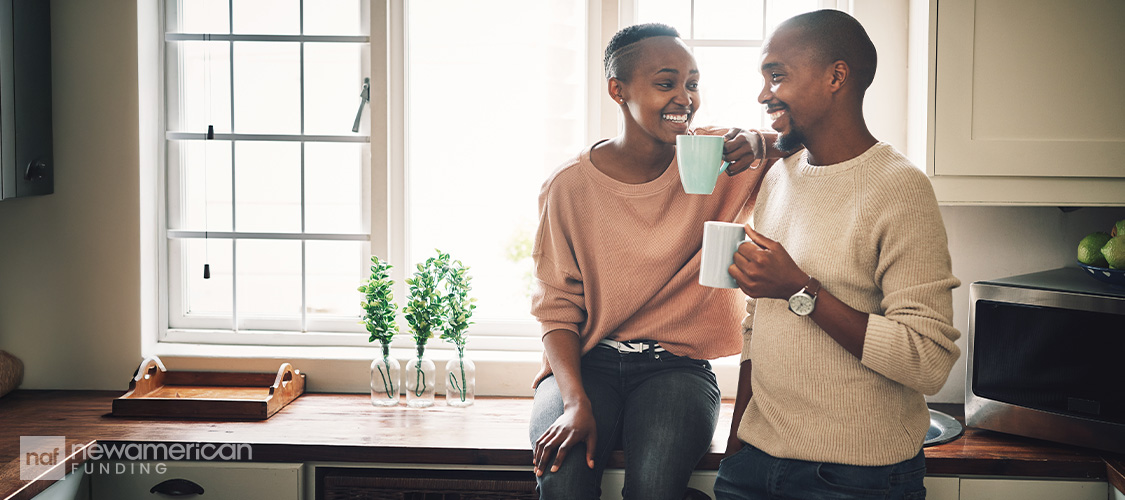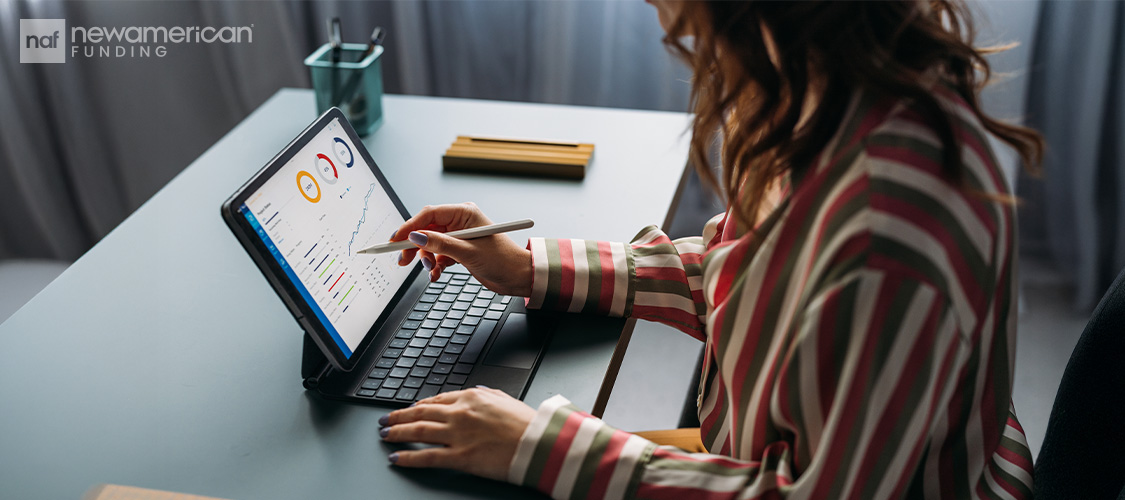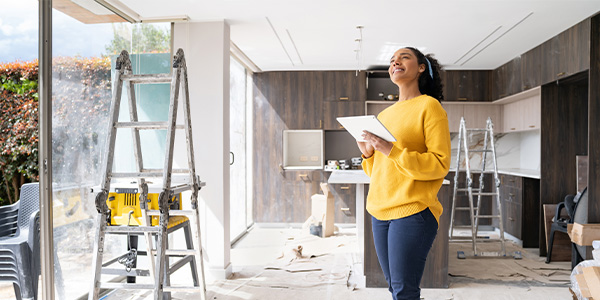Homeowners
Second Mortgages Are a Great Way to Access Cash—but Are They Right for You?
June 3, 2025
Are you a homeowner who needs cash to cover college tuition, home repairs, or a surprise medical expense? A second mortgage might be your answer.
A second mortgage provides homeowners with a way to tap into their home equity without needing to modify their existing mortgage (and existing mortgage rate). Many homeowners can utilize this loan to obtain the necessary funds without resorting to refinancing or high-interest credit cards.
Still, second mortgages are not one-size-fits-all, and they’re definitely not free money. Before jumping in, here’s what to know to figure out if this is the right move for you.
What exactly is a second mortgage?
First, let’s get our definitions in order.
“A second mortgage, also known as a junior lien, is a loan secured by your home’s equity while you already have a first mortgage,” said Larry Steinway, regional sales manager and vice president of residential lending at New American Funding in Chicago, Ill.
In other words, your first mortgage stays put. The second mortgage is stacked on top of it. The equity in your home is the difference between what your home is worth and what you still owe on it.
The main advantage of these loans? Because your home is the collateral, second mortgages tend to have lower interest rates than credit cards or personal loans.
Still, the rate is generally higher than your original mortgage since second mortgages are riskier for lenders. If you default, the first mortgage gets paid off first.
Who might a second mortgage make sense for?
Second mortgages typically come in two varieties: home equity loans (a lump sum, paid back over time with a fixed rate) and HELOCs, or home equity lines of credit (more like a credit card you can draw from as needed, usually with a variable rate).
“The vast majority of second mortgages are to consolidate debts as the interest may be less than half of credit cards,” said Anthony Ramirez, a senior loan officer at New American Funding in San Diego, Calif.
A second mortgage may be worth considering if:
You need a substantial amount of cash. Whether it’s college tuition or consolidating high-interest debt, a second mortgage in the form of a HELOC can provide access to large sums—often up to 80% to 85% of your home’s appraised value, minus what you still owe.
You have a stellar rate on your first mortgage. If you already have a mortgage that works well for you—say, the monthly payments fit your budget and the interest rate is good—you might not want to refinance the whole thing just to get access to cash.
You’re staying put. If you don’t plan to sell soon, using your home equity can be a good idea. This is especially true if the money helps increase the property’s value with home improvements.
How to qualify for a second mortgage

Before any cash lands in your bank account from a second mortgage, you’ll have to meet some key requirements.
“In order to qualify, a second mortgage comes with raised criteria due to the added risk of being in second position for payoff,” said Ramirez.
Here’s what to know about qualifying for a second mortgage:
Equity is king. Most lenders want to see at least 15–20% equity in your home post-loan. If your home is worth $500,000 and you still owe $350,000, you might be able to borrow up to $75,000. This depends on your lender’s maximum loan-to-value ratio.
Credit score matters. “Lenders typically require a credit score of at least 620, though some may prefer higher scores,” said Steinway. Indeed, a 700+ score will get you better terms. As with all things credit-related, the better your score, the lower your interest rate.
Proof of income. Your lender will want to know you can afford both mortgages—plus whatever else you’ve got on the books. Expect to show W-2s, pay stubs, tax returns, and the like
Low-ish debt load. “A low debt-to-income ratio, ideally 43% or less, is crucial to demonstrate your ability to handle additional debt payments,” said Steinway. That includes your existing mortgage, the second mortgage payment, and any other debts you may have.
“If there is a pre-existing second lien such as a solar or pool loan, those will also have to be wrapped into the new loan—IF it’s allowed,” added Ramirez.
What to watch out for

Second mortgages may sound like a no-brainer for those in need of extra funds, but they’re not without risk. Indeed, defaulting on a second mortgage can lead to foreclosure—even if you’re current on your first.
“The second mortgage lender will have a second lien on your property, meaning they’re second in line to get paid back if you can’t make payments,” said Steinway. And because these loans are often smaller, they may come with higher fees relative to the loan size, so it’s important to run the numbers.
Additionally, if you opt for a HELOC, keep in mind that many have variable interest rates. A 6% teaser rate could increase in a year or two, especially in an inflation-prone economy.
Finally, be mindful of how you’re using the funds from your second mortgage. This is still debt—secured by your home.
“Often, people take out second mortgages for things like a boat, car, truck, or pool,” said Bruce Ailion, an attorney and real estate professional at RE/MAX Town and Country in Atlanta, Ga. “These are depreciating assets and are not the best financial investments. Equity in one’s home is a financial anchor. Owners should seek to preserve this nest egg rather than putting it at risk for less than the best reasons.”
Anthony Ramirez, NMLS# 249819
Larry Steinway, NMLS# 223579






 Smart Moves Start Here.
Smart Moves Start Here.